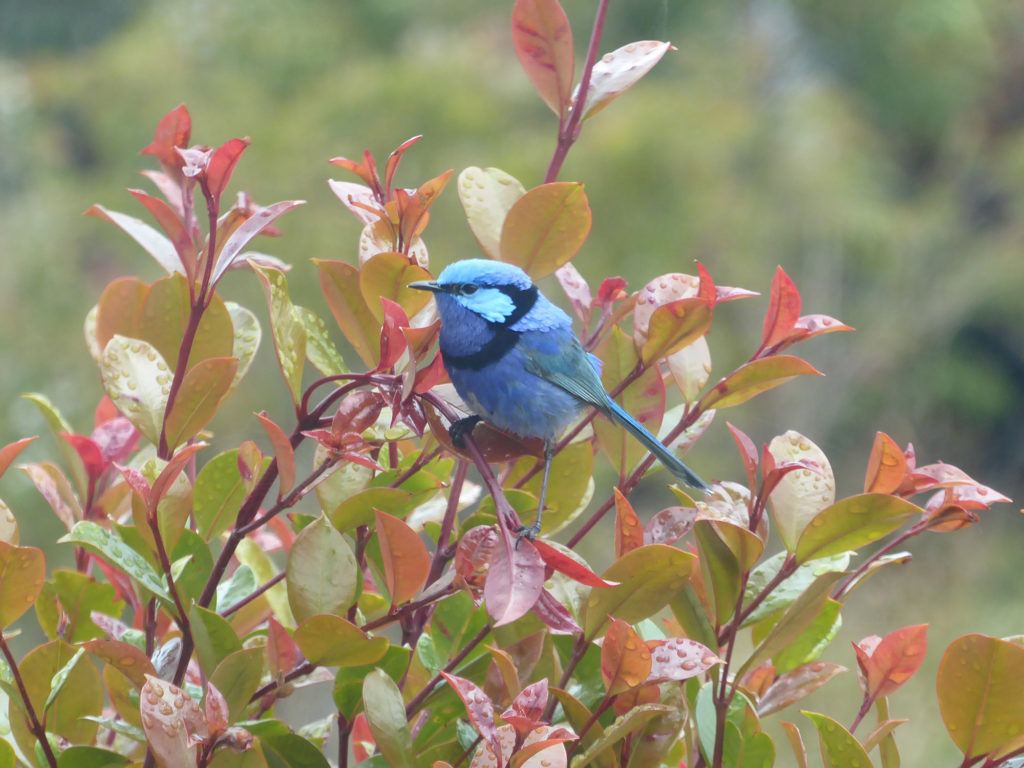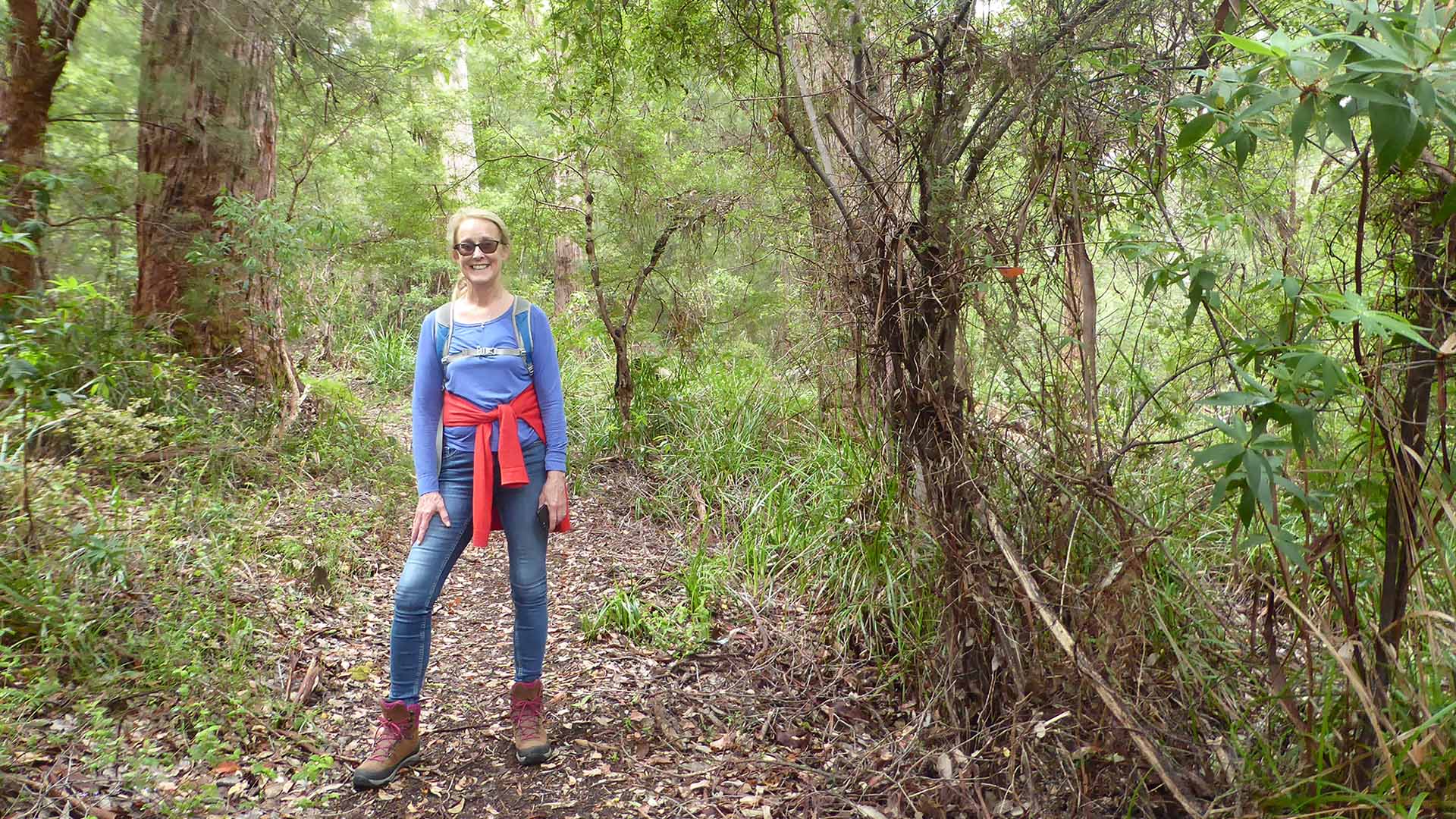As a child growing up on the North Downs in the UK one of our family rituals was the Sunday morning walk with our Dad. Mum stayed at home cooking the Sunday roast (Dad never learnt to cook anything beyond baked beans on toast) while Dad, my two brothers and I would head out to the woods and beyond.
I’ve always valued time in nature. An early morning walk before the rest of the world awakes, a stroll along the beach as the waves crash onto the shore, there’s nothing that gives me greater pleasure than feeling the warmth of the sun on my face, a soft breeze and the sounds of birdsong and feeling at one with the world.
But as we have moved to live in more urbanised centres, where work takes precedence over almost everything else, the time we spend outside has diminished. The NHAPS survey reports that the average American spends 90% of their time awake each day, indoors.
Why this is a problem is because:
- Evidence has shown that we all need a minimum of 120 minutes (2 hours) outside each week to maintain our mental wellbeing.
- Staying inside all the time means for some there is less opportunity for exercise. While not all exercise has to be done outdoors, those living near blue or green spaces have unsurprisingly been found to be more active and more likely to spend up to 30 minutes longer outside.
- Air conditioning or poor ventilation means the air quality as reported by the U.S. EPA inside our homes and offices may not be great. Indoor pollutants from the use of synthetic building materials, furnishings, personal care products and household cleaners have increased. This can have an adverse effect on health especially for those with respiratory conditions or allergies and can be associated with “sick building syndrome”.
- We’re more exposed to those who may be sick and at greater risk of catching the local lurgy going around. As far as the risk of contracting Covid-19 goes, this article here is a very good overview of the potential risk if in contact with someone who has the infection whilst indoors.
The psychological benefits of nature
It reduces stress. The Japanese practice of Shinrin-Yoku (a gentle stroll through a forest engaging all your senses) has been practised for decades. The Dutch go for a Uitwaaien – a windy walk to clear the head while other Scandinavians enjoy Friluftsliv – to be outside and in the air enjoying nature, whatever the weather.
It boosts mood through the enhanced release of dopamine, oxytocin and serotonin and lowers cortisol enhancing learning, creativity and problem solving.
It also helps to alleviate the symptoms of anxiety and depression.

The health benefits of nature
The idea of a nature-deficit disorder was first coined by Richard Louv in his book “Last Child in the Woods”. Alan Logan and others see this deficit as the result of our time-poor, over busy and work prioritised lives where self-care is overlooked and we choose to spend more time in a virtual reality instead.
But if you’re looking for a way to stay fitter and healthier why not start with a regular dose of nature? No sign up or membership fees required.
Outside exercisers have been shown to have lower BMI’s, are less prone to obesity and have more energy. Not only that kids who spend more time outdoors (and less time in front of screens) have less hypermetropia (long-sight) or myopia (short-sight).
In addition, people who spend more time in nature are less at risk of a number of diseases including depression, diabetes, ADHD, cardiovascular disease and cancer thought to be mediated by enhancing the strength of the immune system.
Illinois researcher Kuo explains how exposure to nature switches the body to “rest and digest” rather than the more familiar “fight or flight” mode.
A lot has been talked about the choice by some during the global pandemic to move out of cities and find a home in the country, where life is a little slower, where there are more opportunities to spend more time outside, in nature and enjoying a quieter life.
As we move into the time where we will be continuing to live with Covid-19, it would seem to make sense to embrace a way of living that supports a stronger immune system, keeps us happier and enables us to truly thrive.
Do you agree?
Have you changed your outdoor habits since the arrival of the coronavirus pandemic?
Is nature your ‘Go-to’ to make yourself feel better?
I’d love to hear your thoughts.
Dr Jenny Brockis is a medical practitioner and board-certified lifestyle medicine physician, keynote speaker and best-selling author. Her new book Thriving Mind: How to Cultivate a Good Life (Wiley) is now available for purchase.
If psychological safety, resilience and mental wellbeing is something you’d like to find out more about, please contact me to set up a time for a chat.


